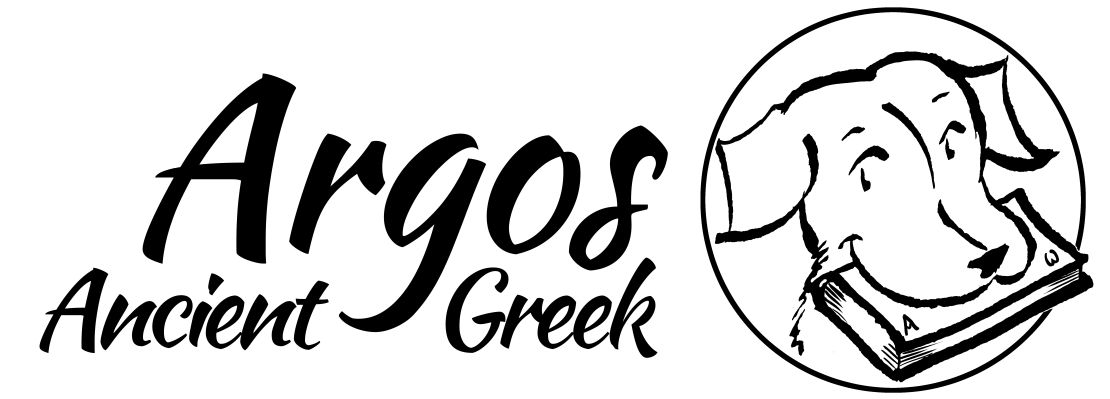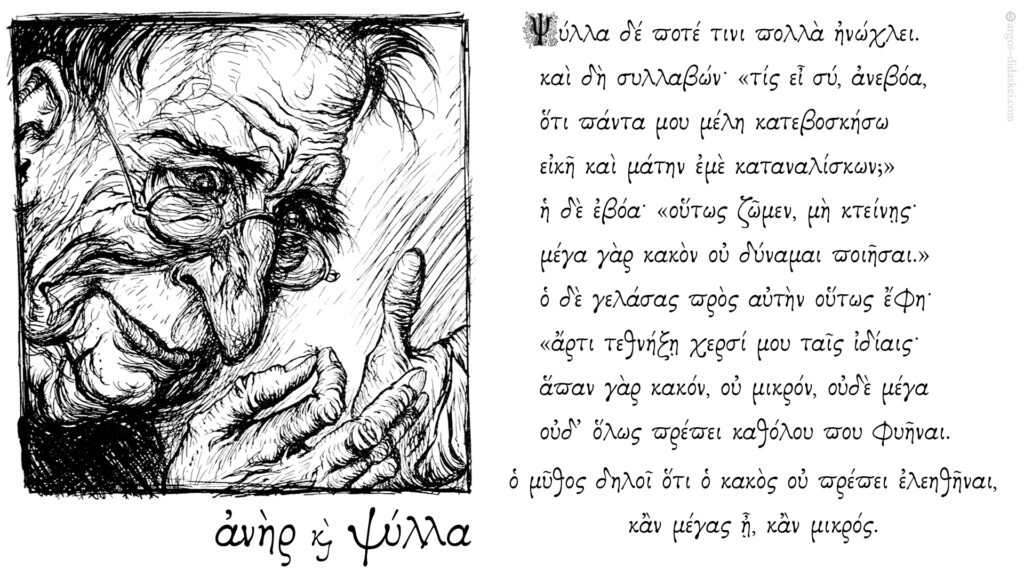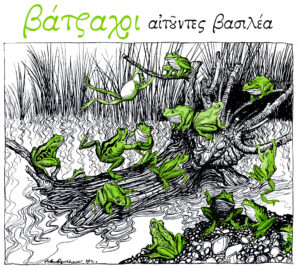ΑΝΗΡ ΚΑΙ ΨΥΛΛΑ
Ψύλλα δέ ποτέ τινι πολλὰ ἠνώχλει. καὶ δὴ συλλαβών·
«τίς εἶ σύ,» ἀνεβόα, «ὅτι πάντα μου μέλη κατεβοσκήσω εἰκῆ καὶ μάτην ἐμὲ καταναλίσκων;»
ἡ δὲ ἐβόα·
«οὕτως ζῶμεν, μὴ κτείνῃς· μέγα γὰρ κακὸν οὐ δύναμαι ποιῆσαι.»
ὁ δὲ γελάσας πρὸς αὐτὴν οὕτως ἔφη·
«ἄρτι τεθνήξῃ χερσί μου ταῖς ἰδίαις· ἅπαν γὰρ κακόν, οὐ μικρόν, οὐδὲ μέγα οὐδ’ ὅλως πρέπει καθόλου που φυῆναι.»
ὁ μῦθος δηλοῖ ὅτι ὁ κακὸς οὐ πρέπει ἐλεηθῆναι, κἂν μέγας ᾖ, κἂν μικρός.
A flea once annoyed somebody a lot. And so having caught it,
“Who are you”, he shouted, “that you have fed yourself on all my limbs senselessly and pointlessly consuming me?”
The flea exclaimed:
“In this manner we live: Don’t kill (me) for I can’t do a big evil!”
The man laughingly spoke to her thus:
“Now you will die through my own hands: For it is fitting that every evil, whether small or big, should not (be allowed to) grow at all.”
The myth makes clear that an evil (man) should not receive (our) mercy whether he be big or small.
(Translation: Jenny Teichmann)






